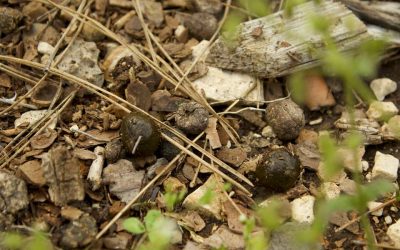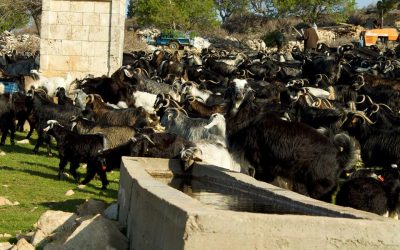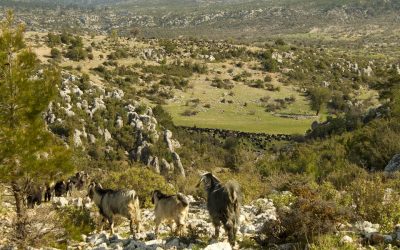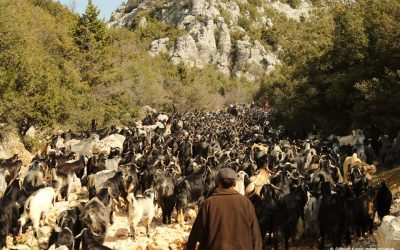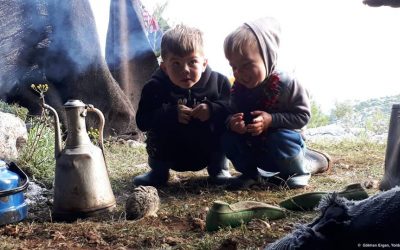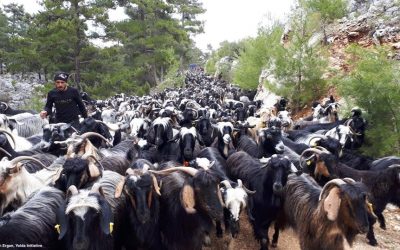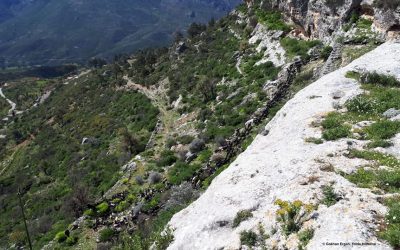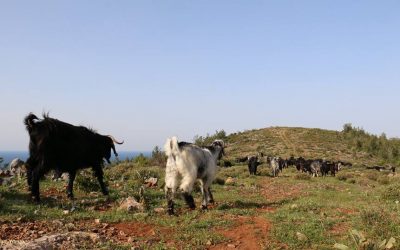Migration is a School for Mobile Pastoralist Children (Day 8)
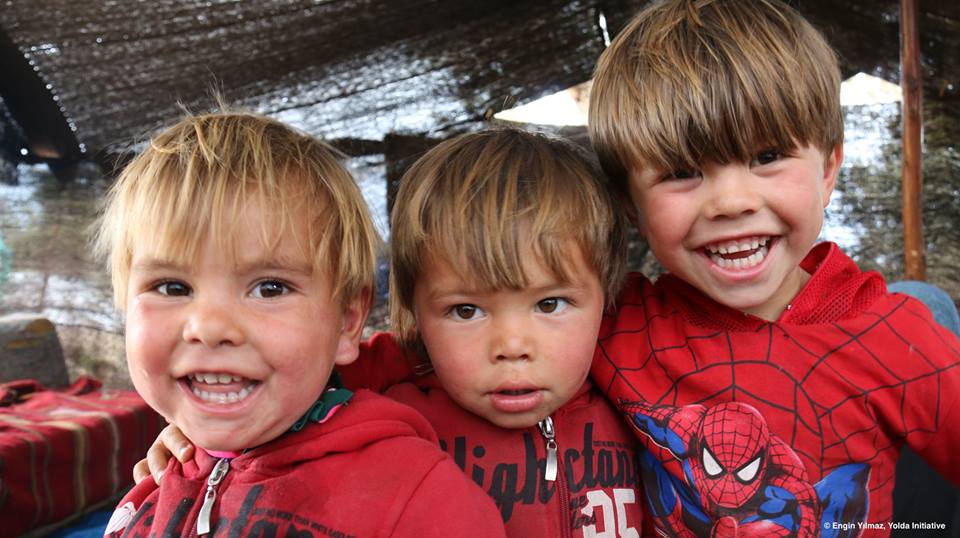
In 1967 a directive on mobile schools was issued, addressing the need for an adaptive education system for these communities in Turkey. However, this directive has never been enforced and was unfortunately repealed in 2011. Another major issue affecting mobile pastoralist children adversely is social isolation and lack of communication with other mobile pastoralist children. In the past, 10-15 tents would migrate together. Now the maximum number of tents is 2 as traditional lands, including migration routes, are being grabbed (either by expropriation or privatization) by the state and agriculture, industry and other sectors, restricting their mobility strategies and customs – aided by the hostility of settled communities towards mobile pastoralists. It’s not only migration routes being seized, but also winter and summer pastures, causing a sharp decrease in the number of tents and increasing the distances between them, damaging social interaction mechanisms and preventing mobile pastoralist children from socialize and playing with each other.
Migration is the most important experience for mobile pastoralist children during which they acquire fundamental information needed to survive and maintain their lifestyle, learn about nature and all the living beings they share their life with, develop relationships and socialize and play with other families and children. Yet, education policies developed with a settled perspective keep these children from experiencing these vital and life defining moments, separating them from their families.
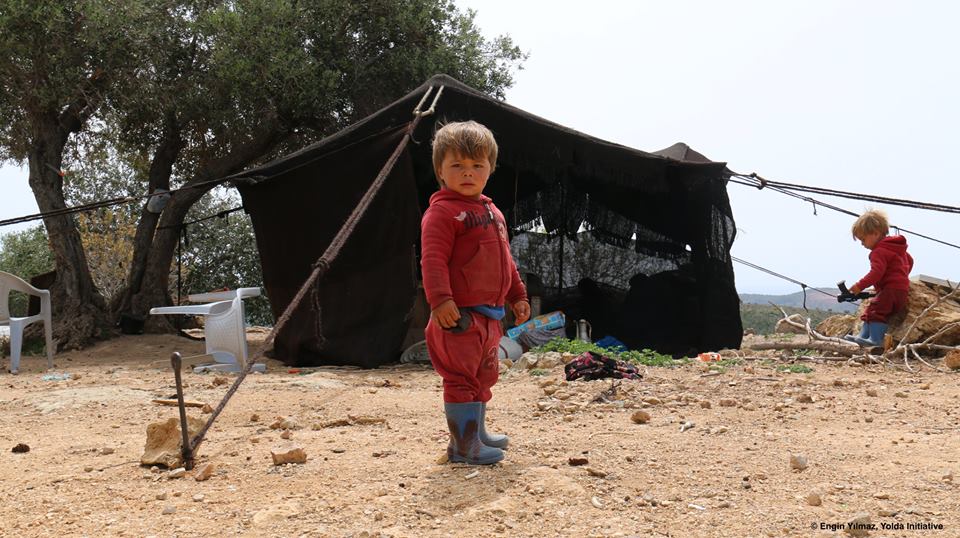
Read our stories from partners and practitioners.
Read our stories from partners and practitioners.
The Mobility of Pastoralists Contributes to Seed Dispersal (Day 10)
Based on the needs of the herd, the geographic conditions in each landscape, and the day they wake up to, The Bacak family decide when to move fast or slow or to rest. On the 10th Day, they cover a distance of 73km. Both the family and herd enjoy tasting the different...
Mobile Pastoralism has Direct Benefits for Water Cycle Regulation (Day 7)
One of the most interesting features of migration routes is the fountains - cisterns that were built by mobile pastoralists over thousands of years for both themselves and their livestock to access water. Today the majority of the fountains, cisterns with no...
Mobile Pastoralism Protects the Soil (Day 6)
Day 6 sees the herd and pastoralists cover 47km as they climb up to an altitude of 1227 meters. The seasonal mobility of animals means they leave the pastures just in time to allow vegetation to recover. Livestock grazing is an effective tool for soil stability,...
Mobile Pastoralism has an Indespendible Role against Wildfires (Day 5)
On the fourth day of the migration the herd moved 24km along corridors that were created by the movement of their ancestors through forests for thousands of years. Today the Bacak family of Sarıkeçili nomadic pastoralists decide not to move in order to rest their...
Mobile Pastoralism and Nature (Day 4)
Mobile pastoralism has persisted over the centuries thanks to its harmonious existence with nature. Relying on a constant interaction and interdependency with the nature has led practitioners to cultivate a rich body of traditional ecological knowledge, which in turn...
Mobile Pastoralism is the most Efficient Livestock Farming System (Day 3)
3 days into the migration and the herd has moved 22km - from and altitude of 230 meters to one of 790 meters. As they climb, both the herd's and the Bacak family's moods improve. Mobile pastoralism is the most efficient and sustainable livestock farming system in...
Mobile Pastoralism and Natural Cultural Heritage (Day 2)
On the second day of the spring migration the Sarıkeçili nomadic pastoralists are moving up towards the Taurus Mountains. In Turkey, mobile pastoralism is a major traditional practice which has shaped the country’s outstanding landscapes where three of the world’s...
On the Move with Sarıkeçili Nomads – Day 1
Yolda Initiative is on the move for the Spring Migration. Follow them during this long spring to see how mobile pastoralists in Turkey live in harmony with nature by migrating between summering and wintering sites according to seasonal availability - as they have been...

